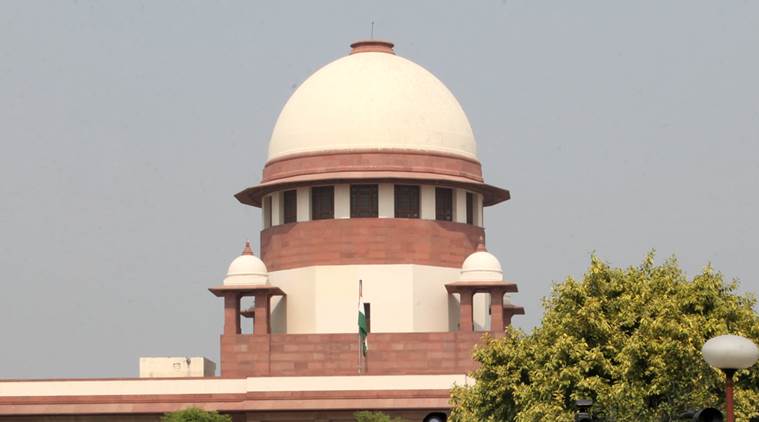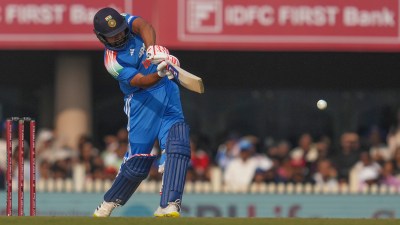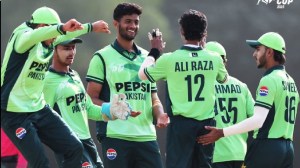SC order on Civil services examinations: ‘Disabled can’t claim extra OBC quota perks’
A bench of Justices said that all differently abled candidates will get seven attempts in the civil services examination in accordance with the government’s policy of 2007
 Supreme Court of India. (File Photo)
Supreme Court of India. (File Photo)
Ruling that a physically challenged candidate cannot seek preference over other disabled candidates on the ground of belonging to Other Backward Caste (OBC) category, the Supreme Court on Tuesday held that OBC candidates will also get seven and not 10 attempts to appear in the civil services examination.
A bench of Justices Ranjan Gogoi and Ashok Bhushan said that all differently abled candidates, whether belonging to the general category or OBC category, will get seven attempts in the civil services examination in accordance with the government’s policy of 2007.
Watch what else is in the news
The apex court shot down an argument by the OBC candidates that it would amount to treating unequals as equals if physically handicapped candidates of general category and such candidates under the OBC category are permitted equal attempts.
“The present case is not a case of treating unequals as equal. It is a case of extending concessions and relaxations to the physically handicapped candidates belonging to general category as well as physically handicapped belonging to OBC category. Physically handicapped category is a category in itself, a person who is physically handicapped, be it physically handicapped of a general category or OBC category, suffering from similar disability has to be treated alike in extending the relaxation and concessions,” noted the bench in its judgment.
The bench said that when differently abled candidates under both the categories are granted seven attempts to appear in the examination, “no discrimination or arbitrariness can be found”.
The top court allowed the appeal moved by the central government against two orders by the Madras High Court and the Delhi High Court, which had allowed physically challenged candidates under the OBC category 10 attempts. The high courts had accepted the plea that since the attempts for physically handicapped candidates belonging to general category have been increased from 4 to 7 by a 2007 press note of the government, there should be a proportionate increase in attempts of such candidates belonging to the OBC category.
But the Supreme Court maintained that the high court erred in concluding that not granting three additional chances to OBC candidates will amount to discrimination. It pointed out that OBC candidates not only get more attempts but also a total of 13 years’ relaxation in age to appear in the exam for prestigious services. The bench said the high court’s views were “unsustainable” and deserved to be set aside.
The apex court further underlined that making provisions for reservation and granting concessions was a matter of governmental policy, which is framed after considering relevant materials. “It is not in the domain of the courts to embark upon an inquiry as to whether a particular public policy is wise and acceptable or whether better policy could be evolved. The court can only interfere if the policy framed is absolutely capricious and non-informed by reasons, or totally arbitrary, offending the basic requirement of the Article 14 (right to equality) of the Constitution,” it noted.
- 01
- 02
- 03
- 04
- 05































